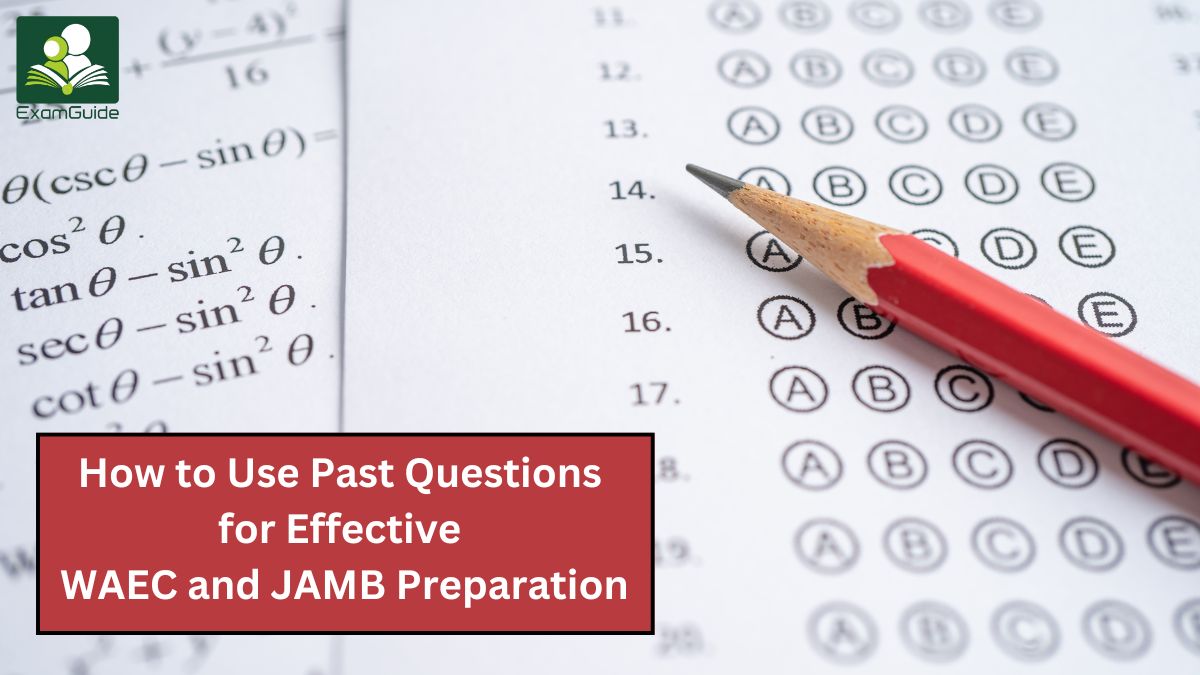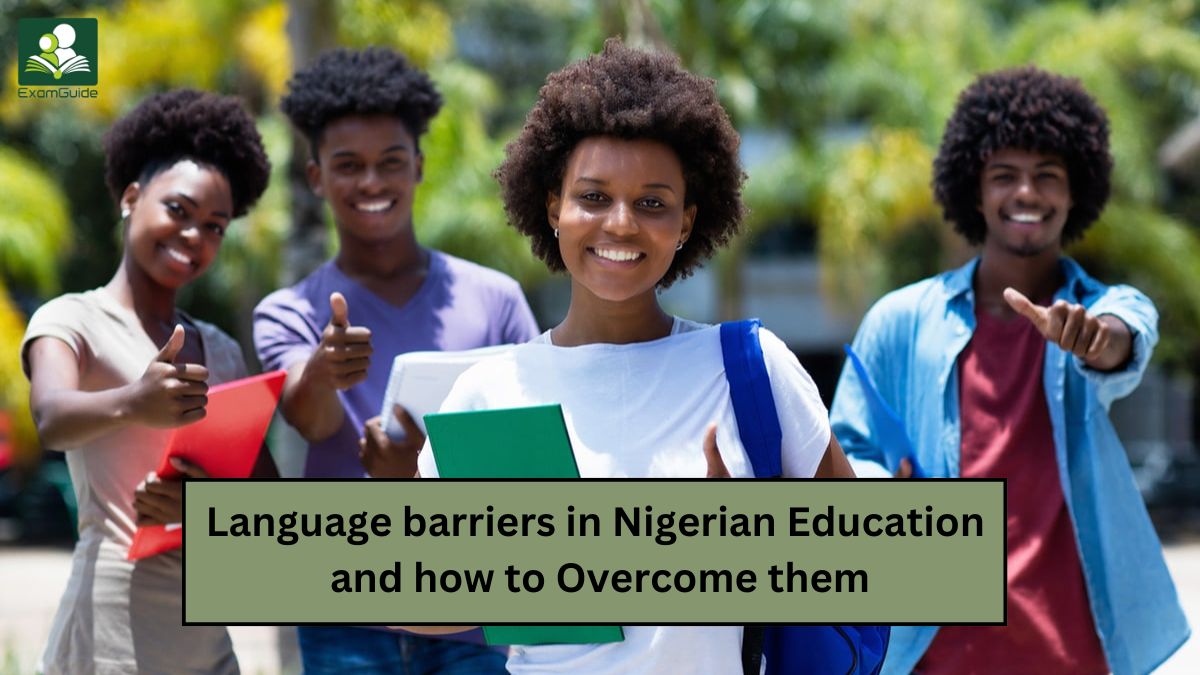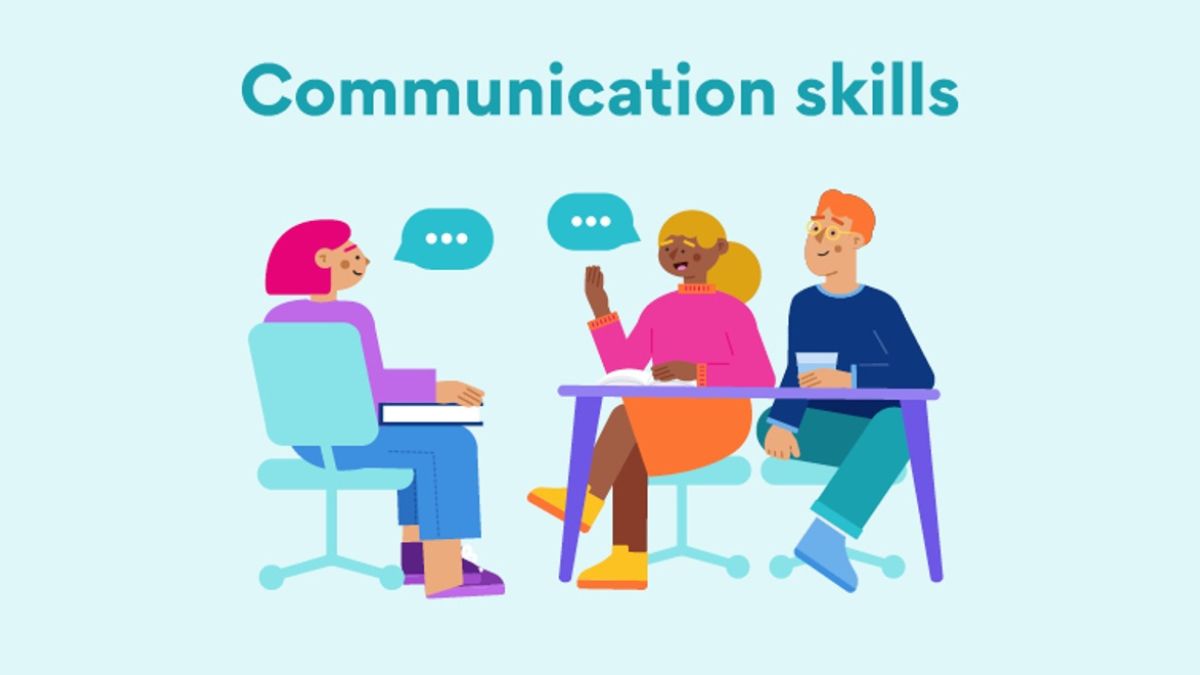
Scholarships for Nigerian Students
In Nigeria, scholarships play a crucial role in helping students access higher education and achieve their academic and career goals. With rising tuition fees and educational expenses, scholarships provide essential financial support and open doors to quality education.
Here’s a comprehensive guide to understanding and applying for scholarships available to Nigerian students.
Table of Content
Types of Scholarships Available
Scholarships for Nigerian Students
Key Tips for Scholarship Success
How to Overcome Scholarship Challenges in Nigeria
What is a Scholarship?
A scholarship is a financial award given to students to help pay for their education, which does not need to be repaid. It can be based on academic achievement, financial need, extracurricular involvement, or other criteria.
Types of Scholarships Available
-
Government Scholarships
- Federal Government Scholarships: The Nigerian government offers various scholarships for undergraduate and postgraduate students. These include the Federal Government Scholarship Awards for undergraduate students, which are typically awarded based on academic merit and need.
- State Government Scholarships: Many Nigerian states provide scholarships to students from their regions. These scholarships often target students pursuing specific fields of study or those demonstrating exceptional academic performance.
-
Corporate Scholarships
- Private Sector Scholarships: Numerous companies and corporations in Nigeria offer scholarships to support students in their fields of interest. Companies like MTN, Shell, and Total provide scholarships to encourage education in engineering, technology, and other relevant disciplines.
- Banking Sector Scholarships: Banks such as First Bank and Access Bank offer scholarships as part of their corporate social responsibility initiatives. These scholarships often target students from lower-income backgrounds or those pursuing studies in business and finance.
-
International Scholarships
- Foreign Government Scholarships: Many countries offer scholarships to Nigerian students who are studying abroad. Examples include the Chevening Scholarships from the UK, the Fulbright Program from the USA, and the DAAD Scholarships from Germany.
- International Organizations: Organizations such as the United Nations, World Bank, and various non-governmental organizations (NGOs) provide scholarships to Nigerian students based on academic merit and specific fields of study.
-
Institutional Scholarships
- University Scholarships: Many Nigerian universities offer internal scholarships to support their students. These can be merit-based, need-based, or awarded for outstanding achievements in sports, arts, or leadership.
- Institutional Partnerships: Some universities have partnerships with international institutions that provide scholarships for Nigerian students to study abroad.
Scholarships for Nigerian Students
Here are some of the scholarships available to Nigerian students:
1. Federal Government Scholarships
- Overview: Offered by the Federal Scholarship Board under the Ministry of Education, these scholarships support Nigerian students in tertiary institutions both locally and internationally.
- Eligibility: Open to undergraduate, master’s, and doctoral students in recognized Nigerian and foreign institutions.
- Coverage: Typically covers tuition fees, accommodation, and sometimes a stipend for living expenses.
2. PTDF Scholarship
- Overview: The Petroleum Technology Development Fund (PTDF) offers scholarships for Nigerians to study both at home and abroad in fields related to oil and gas.
- Eligibility: Available for undergraduate, master’s, and Ph.D. students in engineering, geology, environmental studies, and related fields.
- Coverage: Includes full tuition, travel expenses, and sometimes living allowances.
3. NNPC/Total Scholarship
- Overview: This scholarship is provided by the Nigerian National Petroleum Corporation (NNPC) in partnership with Total E&P Nigeria Limited for undergraduates in Nigerian universities.
- Eligibility: Open to 100 and 200-level students in Nigerian universities studying in selected disciplines like engineering, law, and medical sciences.
- Coverage: Full tuition and maintenance allowance.
4. MTN Foundation Scholarship
- Overview: The MTN Foundation provides scholarships to high-performing students in Nigerian tertiary institutions.
- Eligibility: Open to 2nd and 3rd-year undergraduate students studying science and technology-related courses.
- Coverage: Provides financial assistance covering tuition, book allowance, and a stipend.
5. Agbami Medical and Engineering Professionals Scholarship
- Overview: Sponsored by Star Deep Water Petroleum Limited, a Chevron company, this scholarship supports students in medicine and engineering.
- Eligibility: Open to 100 and 200-level students in Nigerian universities studying medical sciences and engineering.
- Coverage: Full tuition fees, accommodation, and a stipend.
6. Shell SPDC Joint Venture Scholarship
- Overview: Shell Nigeria, in collaboration with its joint venture partners, offers scholarships to Nigerian students in tertiary institutions.
- Eligibility: Available for undergraduates in Nigerian universities, especially those studying engineering, geosciences, and related disciplines.
- Coverage: Covers tuition fees, accommodation, and sometimes a living stipend.
7. Chevening Scholarship
- Overview: The Chevening Scholarship is a UK government scholarship that allows outstanding Nigerian students to pursue a one-year master’s degree in any subject at a UK university.
- Eligibility: Open to graduates with a minimum of two years of work experience and a strong academic background.
- Coverage: Includes full tuition fees, travel costs, and a living allowance.
8. Commonwealth Scholarship
- Overview: This scholarship is offered by the Commonwealth Scholarship Commission for Nigerian students to pursue postgraduate degrees in the UK.
- Eligibility: Open to students with a first degree of at least upper second class (2:1) who wish to pursue a master’s or Ph.D.
- Coverage: Covers tuition, airfare, living allowance, and sometimes research grants.
9. Seplat JV Scholarship
- Overview: A joint venture scholarship between Seplat Petroleum Development Company and its partners, designed for undergraduate students in Nigerian universities.
- Eligibility: Open to students studying engineering, geology, or other related fields.
- Coverage: Full tuition fees and an annual stipend.
10. NLNG Scholarship
- Overview: Sponsored by the Nigeria Liquefied Natural Gas (NLNG) Limited, this scholarship supports Nigerian students at various educational levels, including undergraduate, master's, and Ph.D.
- Eligibility: Available for students in specific disciplines like engineering, geosciences, environmental sciences, and more.
- Coverage: Full tuition, accommodation, and a living allowance.
11. Jim Ovia Scholarship
- Overview: Funded by the Jim Ovia Foundation, this scholarship aims to provide financial aid to outstanding Nigerian students in universities across the country.
- Eligibility: Open to all Nigerian undergraduates with a strong academic record.
- Coverage: Covers tuition fees, accommodation, and sometimes a stipend.
12. David Oyedepo Foundation Scholarship
- Overview: This scholarship is offered by the David Oyedepo Foundation for Nigerian students to study at Covenant University and Landmark University.
- Eligibility: Open to Nigerian students who have demonstrated exceptional academic performance and leadership qualities.
- Coverage: Full tuition, accommodation, and other related expenses for the duration of the program.
13. MUSTE Scholarship
- Overview: The MTN Foundation Science and Technology Scholarship (MUSTE) supports Nigerian students in science and technology fields.
- Eligibility: Available for 200-level students in Nigerian universities studying courses related to science and technology.
- Coverage: Provides financial aid for tuition, books, and a stipend.
14. Gani Fawehinmi Scholarship
- Overview: This scholarship is offered in honor of the late human rights lawyer Gani Fawehinmi for Nigerian undergraduates with outstanding academic performance.
- Eligibility: Open to indigent students in Nigerian universities.
- Coverage: Provides financial support to cover tuition and other educational expenses.
15. Lagos State Scholarship
- Overview: The Lagos State Government offers scholarships to indigenes of the state pursuing undergraduate and postgraduate studies in Nigeria.
- Eligibility: Open to Lagos State indigenes with a strong academic record, enrolled in recognized Nigerian tertiary institutions.
- Coverage: Covers tuition fees and sometimes additional allowances.
These scholarships offer a wide range of opportunities for Nigerian students to advance their education, both locally and internationally. Each has specific eligibility criteria, so it's important to review them carefully before applying.
Note: Eligibility criteria, application procedures, and deadlines vary for each scholarship. It's essential to visit the official websites of these organizations for detailed information.
How to Apply for Scholarships
-
Research and Identify Opportunities
- Scholarship Websites: Use scholarship search engines and websites that list available scholarships, such as Scholarship Portal, Scholarship Positions, and the official websites of universities and organizations.
- University Websites: Check the scholarship sections of the websites of universities you are interested in. Many institutions provide information on available scholarships and application processes.
-
Understand Eligibility Criteria
- Academic Requirements: Ensure you meet the academic qualifications required for the scholarship. This may include specific grades, test scores, or academic achievements.
- Field of Study: Some scholarships are targeted towards particular fields of study or courses. Verify that your chosen course aligns with the scholarship’s focus.
-
Prepare Required Documents
- Academic Transcripts: Gather and prepare your academic transcripts and certificates.
- Personal Statement: Write a compelling personal statement or essay outlining your achievements, goals, and reasons for applying for the scholarship.
- Recommendation Letters: Obtain letters of recommendation from teachers, professors, or employers who can vouch for your academic abilities and character.
-
Submit the Application
- Follow Instructions: Carefully follow the application instructions provided by the scholarship provider. Ensure that all required documents are included and submitted before the deadline.
- Apply Early: Start your application process early to allow ample time for gathering documents and addressing any issues that may arise.
-
Prepare for Interviews
- Interview Preparation: Some scholarships may require an interview as part of the selection process. Practice common interview questions and prepare to discuss your academic achievements and career aspirations.
Key Tips for Scholarship Success
- Be Thorough and Accurate
- Ensure all information provided in your application is accurate and complete. Inaccurate or incomplete applications may be disqualified.
- Tailor Your Application
- Customize your statement and application to reflect the values and goals of the scholarship provider. Highlight how you align with their objectives.
- Seek Guidance
- Seek advice from teachers, mentors, or scholarship advisors who can provide feedback on your application and help you navigate the process.
- Stay Organized
- Keep track of deadlines, requirements, and application statuses. Use a checklist or planner to manage your scholarship applications effectively.
- Follow Up
- After submitting your application, follow up to confirm receipt and check for any additional requirements or updates.
How to Overcome Scholarship Challenges in Nigeria
Here’s how students can overcome these obstacles and increase their chances of securing valuable scholarship awards.
1. Limited Information on Available Scholarships
Challenge: Many students struggle to find information about available scholarships due to limited access to resources and inadequate awareness.
Solution:
- Utilize Online Platforms: Regularly check scholarship databases, websites, and online platforms that aggregate information on available scholarships. Websites like Scholarship Portal, Scholarships.com, and local Nigerian scholarship portals are useful resources.
- Visit University Websites: Universities and educational institutions often have dedicated scholarship sections on their websites. Regularly visit these sites for updates on available scholarships.
- Network and Seek Guidance: Connect with alumni, academic advisors, and mentors who may have insights into scholarship opportunities and application tips.
2. High Competition for Limited Opportunities
Challenge: The high number of applicants for a limited number of scholarships increases competition, making it difficult to stand out.
Solution:
- Excel Academically: Focus on achieving excellent academic performance and maintaining a high GPA. Strong academic records are often a key criterion for scholarship selection.
- Build a Strong Profile: Engage in extracurricular activities, community service, and leadership roles. A well-rounded profile showcasing your achievements and contributions can set you apart.
- Craft a Compelling Personal Statement: Write a personal statement that clearly outlines your goals, achievements, and why you deserve the scholarship. Tailor your statement to align with the scholarship provider’s values and objectives.
3. Difficulty in Meeting Eligibility Criteria
Challenge: Some scholarships have specific eligibility criteria that may be challenging for students to meet, such as academic standards, field of study, or financial need.
Solution:
- Thoroughly Review Requirements: Carefully read and understand the eligibility criteria for each scholarship before applying. Ensure you meet all the requirements before investing time in the application process.
- Identify Suitable Scholarships: Focus on scholarships that align with your academic background, field of study, and personal circumstances. Applying for scholarships that match your profile increases your chances of success.
4. Financial Constraints for Application Expenses
Challenge: Some scholarship applications may require fees for processing or submission, which can be a barrier for students from low-income backgrounds.
Solution:
- Seek Fee Waivers: Check if the scholarship provider offers fee waivers or financial assistance for application costs. Some organizations may provide support to applicants who demonstrate financial need.
- Explore Free Opportunities: Many scholarships do not require application fees. Focus on such opportunities to avoid financial constraints.
5. Incomplete or Incorrect Applications
Challenge: Errors or incomplete information in scholarship applications can lead to disqualification or rejection.
Solution:
- Follow Instructions Carefully: Adhere to all application guidelines and requirements provided by the scholarship provider. Ensure that all required documents and information are included.
- Review and Proofread: Double-check your application for accuracy and completeness. Consider having a teacher, mentor, or advisor review your application before submission.
6. Limited Access to Support Services
Challenge: Students may lack access to guidance and support services that can assist with the scholarship application process.
Solution:
- Seek Assistance from Schools: Many schools and educational institutions have career counselling or scholarship advisory services. Utilize these resources to get advice and support for your applications.
- Join Scholarship Forums and Groups: Participate in online forums, social media groups, or local community groups focused on scholarships. These platforms can provide valuable information and support.
7. Keeping Track of Deadlines
Challenge: Missing application deadlines is a common issue that can result in missed opportunities.
Solution:
- Use a Calendar or Planner: Keep track of all scholarship deadlines using a calendar or planner. Set reminders well in advance to ensure you complete and submit your applications on time.
- Prepare Early: Start your scholarship search and application process early to avoid a last-minute rush and ensure you meet all deadlines.
8. Navigating Scholarship Scams
Challenge: Some fraudulent organizations may pose as legitimate scholarship providers to exploit students.
Solution:
- Verify Legitimacy: Research and verify the legitimacy of scholarship providers before applying. Look for official websites, contact details, and reviews from previous recipients.
- Avoid Upfront Fees: Be cautious of scholarships that require significant upfront fees or personal information. Legitimate scholarships typically do not ask for such payments.
Conclusion
Scholarships offer invaluable support to Nigerian students, helping them overcome financial barriers and pursue higher education.
By researching available opportunities, understanding eligibility criteria, and preparing a strong application, students can enhance their chances of securing scholarships and achieving their academic and career goals.
As the competition for scholarships can be intense, diligent preparation and a strategic approach are key to success.
No comment found
Related Posts

Top 20 Motivational Quotes for Students to Work Hard

How to Use Past Questions for Effective WAEC and JAMB Preparation

Language barriers in Nigerian Education and how to Overcome them

How to Excel in Mathematics: Tips for Nigerian Students

How to Summarize Notes Effectively for Faster Revision


